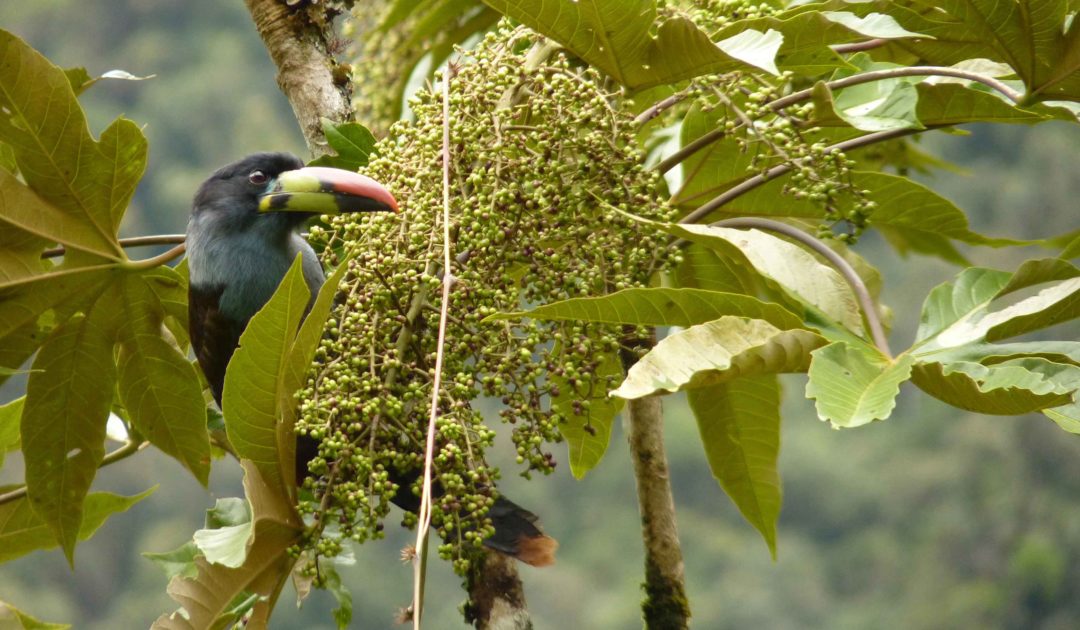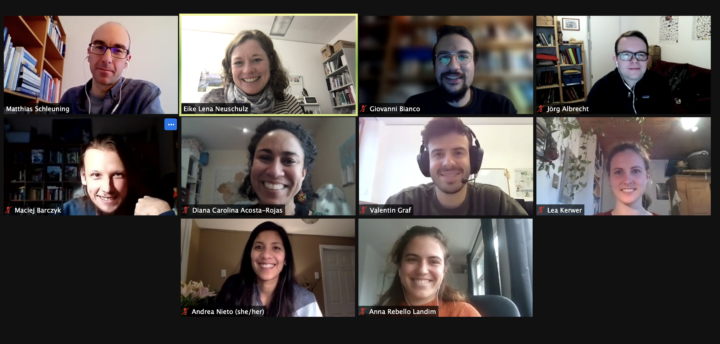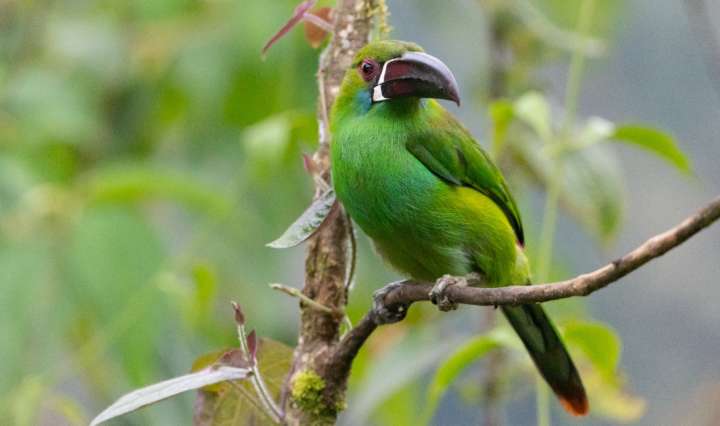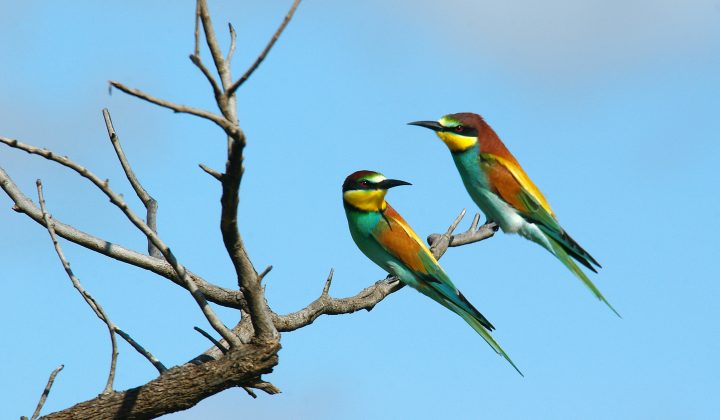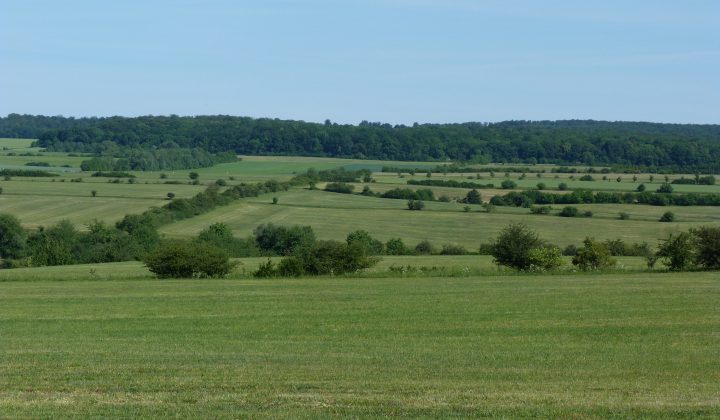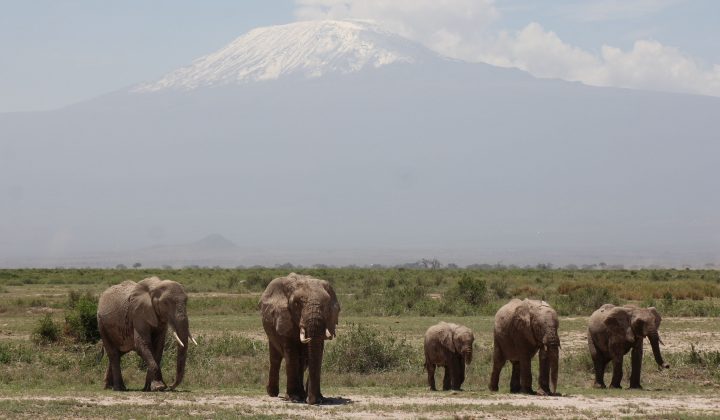Senior Scientist Group
Functional Ecology and Global Change
Human actions globally jeopardise ecosystems. We investigate how these human impacts and anthropogenic climate change modify biodiversity and ecological processes and ecosystem functions. Our research primarily aims to disentangle the functional causes and consequences of biodiversity loss. The results of our research are also used to develop future scenarios of ecological communities and ecosystem functions.
Our work covers three main research fields: plant-animal-interactions, experimental plant ecology and global change models. In all fields, we examine the complex networks of species interactions in ecological communities. Most of our research is centred on plant-bird interactions, which are important for the stability of ecological communities as well as for ecosystem functions, such as pollination, seed dispersal and plant regeneration. For investigating the interactions between plants and birds, we work in a variety of ecosystems, ranging from the tropics (e.g. the Andes and Mount Kilimanjaro) over the subtropics (e.g. South African Fynbos) to temperate systems (e.g. the Alps).
In our research, we combine observational and experimental approaches with comprehensive collections of functional species traits from natural-history collections. We also test and evaluate our insights into the driving factors and processes in ecological communities in meta-analyses and simulation models at large, macroecological scales.
